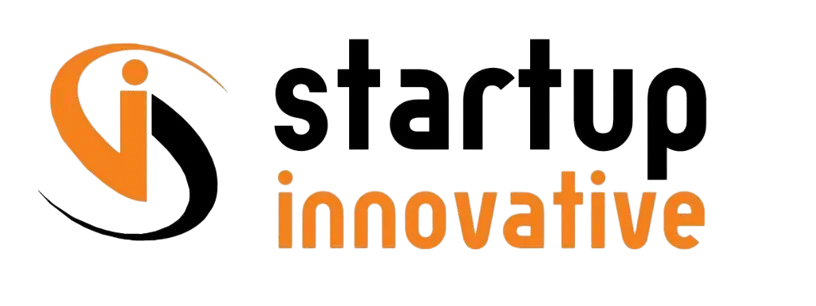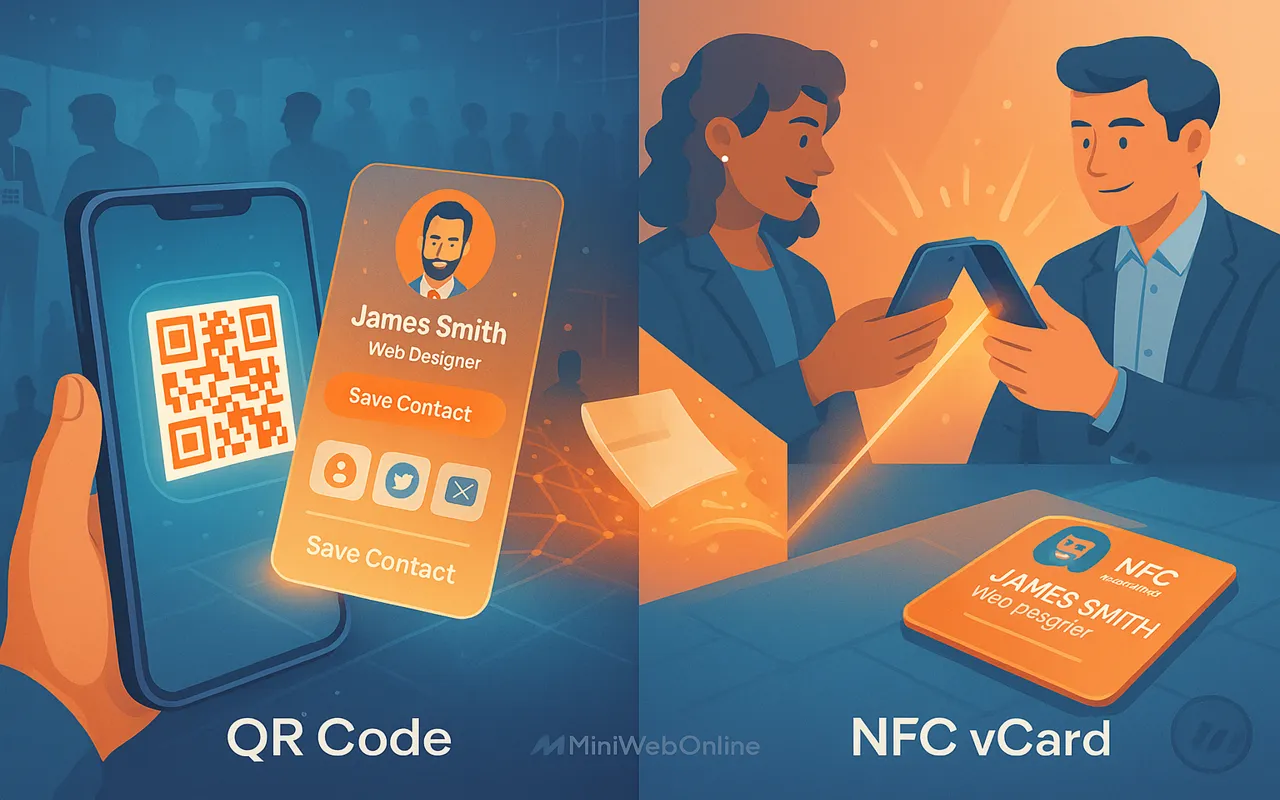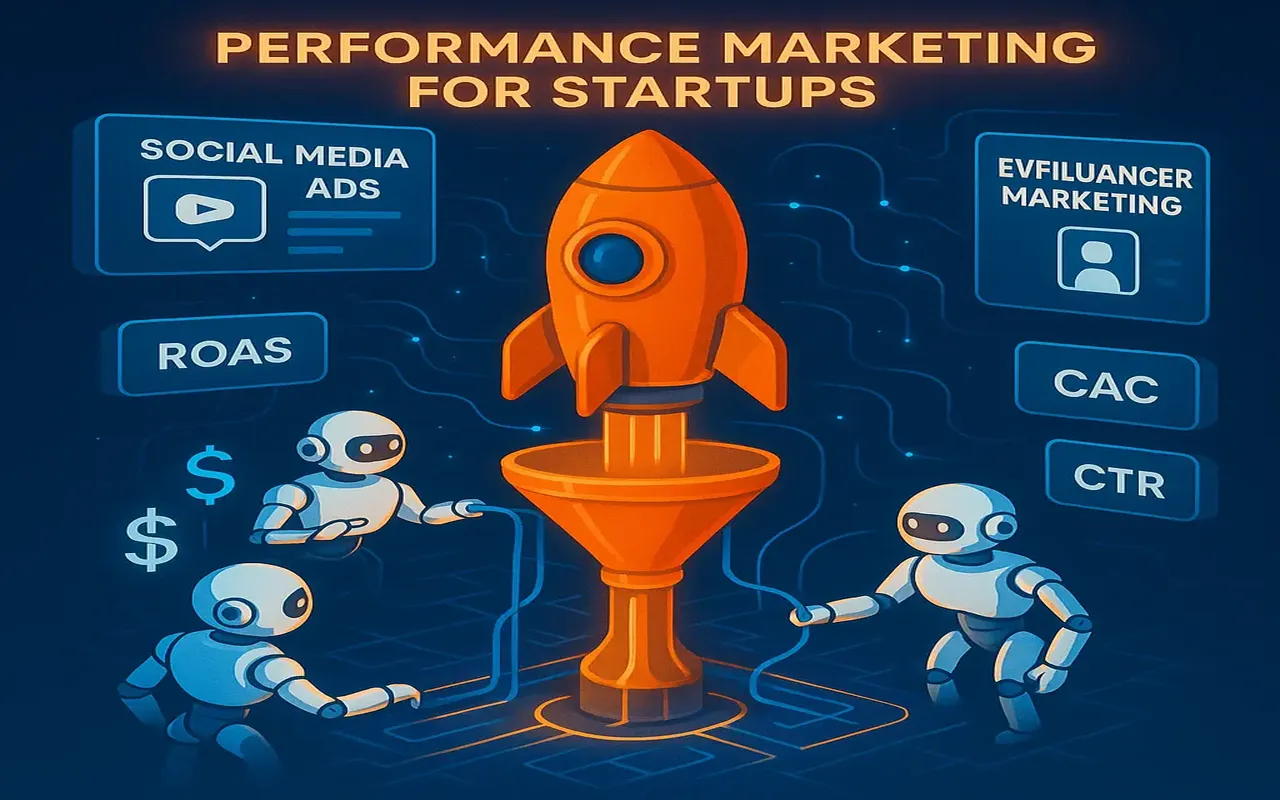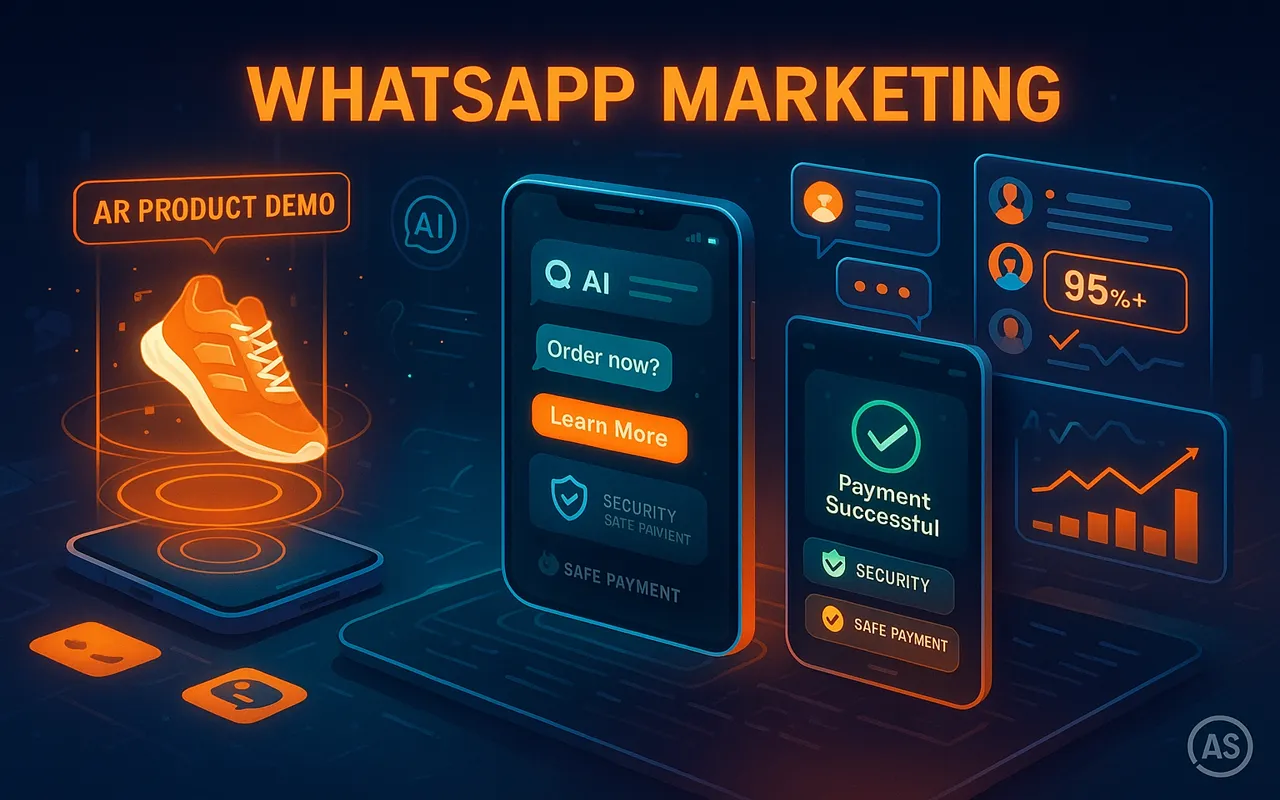The Role of Blockchain in Startup Innovation
Blockchain technology is often associated with cryptocurrencies like Bitcoin and Ethereum, but its potential extends far beyond digital currencies. For startups, blockchain represents an exciting opportunity to drive innovation, improve efficiency, and disrupt traditional industries. In this blog, we will explore how blockchain is shaping startup innovation, what it offers, and how startups can leverage this transformative technology to build trust, security, and transparency in their operations.
What is Blockchain?
Blockchain is a decentralized, distributed ledger technology that records transactions across many computers in such a way that the records cannot be altered retroactively. This makes blockchain highly secure, transparent, and tamper-proof, which is ideal for industries requiring trust, such as finance, healthcare, supply chain management, and more.
At its core, blockchain is a system of digital blocks that contain transaction information. These blocks are linked together in a chain using cryptographic hashes, making it nearly impossible to alter any information without detection. This unique property makes blockchain an attractive option for startups looking to innovate securely and efficiently.
The Key Advantages of Blockchain for Startups
Blockchain technology offers several key advantages that can help startups stay competitive, including:
- Transparency and Trust: Blockchain’s transparent nature allows all parties involved in a transaction to view the same data. This transparency fosters trust between stakeholders, reducing the need for intermediaries.
- Security: Blockchain’s decentralized and encrypted nature ensures that data is secure and immutable. Once a transaction is recorded on the blockchain, it cannot be altered or tampered with, providing startups with high levels of security.
- Cost Reduction: By eliminating intermediaries and reducing the need for traditional record-keeping, blockchain can help startups lower operational costs. Additionally, smart contracts on the blockchain can automate processes, saving time and reducing human error.
- Faster Transactions: Traditional financial systems can take days to settle payments, especially for cross-border transactions. Blockchain technology enables near-instantaneous transactions, which is crucial for startups needing fast and efficient payment systems.
- Decentralization: Blockchain is decentralized, meaning no central authority or third party controls it. This reduces the risk of a single point of failure, making blockchain networks more resilient and reliable.
How Startups Can Use Blockchain for Innovation
Startups can leverage blockchain technology in several ways to improve their operations and create new business models:
1. Supply Chain Transparency
Blockchain’s ability to track products from source to end-user offers startups a unique way to provide transparency and traceability in supply chains. For example, a startup in the food industry can use blockchain to track the journey of ingredients from farms to tables, allowing customers to verify the authenticity and quality of the products they purchase. This level of transparency builds trust with consumers and ensures product integrity.
2. Decentralized Finance (DeFi)
Decentralized finance, or DeFi, refers to a suite of financial services built on blockchain that allows users to access financial products like loans, insurance, and trading without relying on traditional financial institutions. Startups in the fintech space can use blockchain to offer decentralized financial products, eliminating intermediaries and reducing costs.
3. Smart Contracts for Automation
Smart contracts are self-executing contracts where the terms of the agreement are written directly into code. These contracts automatically execute and enforce the terms of an agreement when predefined conditions are met. Startups can use smart contracts to automate various business processes, such as payments, service agreements, and data sharing, improving efficiency and reducing human error.
4. Tokenization and Crowdfunding
Tokenization allows startups to create digital tokens that represent assets, such as equity in the company or rights to a product or service. These tokens can be sold or traded on blockchain platforms, enabling startups to raise funds through Initial Coin Offerings (ICOs) or Security Token Offerings (STOs). This innovative approach to fundraising allows startups to bypass traditional venture capital routes and attract a global investor base.
5. Data Security and Privacy
Data privacy and security are critical issues for startups, particularly those handling sensitive customer information. Blockchain provides a secure and decentralized platform for storing data, reducing the risk of data breaches. With blockchain, startups can offer customers greater control over their personal data and ensure compliance with privacy regulations such as GDPR.
Blockchain in Various Startup Sectors
Blockchain is not limited to just the financial sector. It has applications in various startup industries, including:
- Healthcare: Blockchain can be used to securely store medical records, ensuring patient data privacy and enabling quick access to important health information across different healthcare providers.
- Real Estate: Blockchain enables transparent and efficient property transactions, reducing the need for intermediaries and speeding up the process of buying or selling property.
- Entertainment: Startups in the entertainment industry can use blockchain for royalty tracking, ensuring artists and creators are paid fairly for their work and reducing piracy.
- Supply Chain and Logistics: Blockchain’s ability to trace goods and verify authenticity is particularly valuable in industries such as fashion, electronics, and pharmaceuticals.
Challenges and Considerations for Startups
While blockchain offers many opportunities for startups, there are some challenges to consider:
- Scalability: Blockchain technology is still evolving, and scaling blockchain solutions can be complex and expensive. Startups should carefully consider their scalability requirements before adopting blockchain.
- Regulatory Uncertainty: As blockchain technology grows, governments and regulators are still working to create frameworks for its use. Startups should stay informed about regulatory changes in their industry to ensure compliance.
- Technical Expertise: Blockchain development requires specialized knowledge. Startups may need to hire blockchain developers or work with third-party providers to integrate blockchain into their business.
Conclusion
Blockchain is a powerful technology that has the potential to drive innovation and transform industries. For startups, blockchain offers a unique opportunity to build trust, improve transparency, and reduce costs while creating new business models. By integrating blockchain into their operations, startups can gain a competitive edge, enhance their products or services, and position themselves as leaders in the digital age. However, it’s important for startups to weigh the challenges and costs associated with blockchain implementation and ensure that it aligns with their long-term goals.
8 comment on “The Role of Blockchain in Startup Innovation”
Leave a Reply
Your email address will not be published.
Ready to build your dream product?
Whether it’s a sleek mobile app or a full-stack platform, our experts are here to help.












Comment: I didn’t know blockchain could help in logistics startups too!
Comment: I think blockchain will disrupt many industries, not just finance. Great points in the article!
Comment: Our click-throughs improved after changing the funnel logic.
Comment: Really clear breakdown of sequence timing.
Comment: Email still works wonders—this proves it.
Comment: We restructured our nav thanks to this article.
Comment: Awesome tips for thumb zones and tap targets.
Comment: Mobile-first isn’t just a buzzword—this proves it.